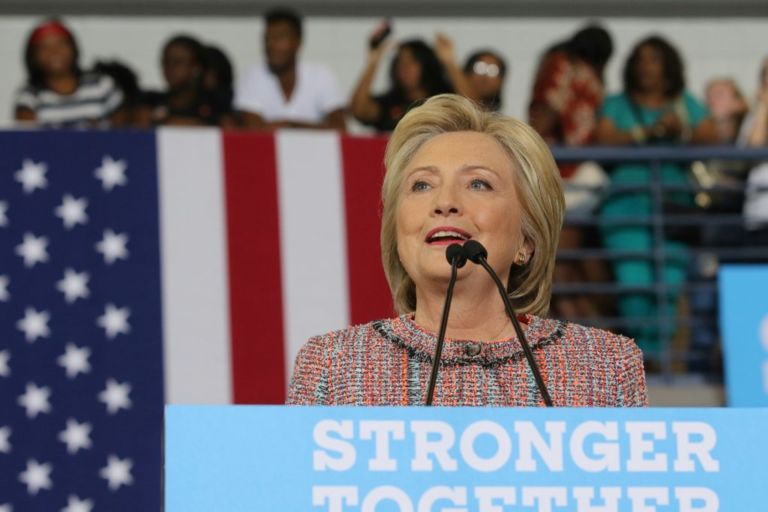Editors at National Review take aim at another bad idea on Capitol Hill involving terrorism.
Anti-terrorism laws are supposed to be law-enforcement tools, not political stratagems. The so-called Domestic Terrorism Prevention Act, which House Democrats began pushing after the January 6 riot and have now revived in the wake of the Buffalo massacre. is clearly a political stratagem.
The point of the revived proposal, which House Democrats plan to push to the floor for a vote in coming days, is not to beef up the government’s capacity to investigate and prosecute acts of terrorism committed inside the United States. That would merely be superfluous. Federal and state law-enforcement agencies already have a rich arsenal of authorities that enable suspected terrorists to be monitored and, if they plot or carry out mass murder, to be prosecuted and punished severely.
Instead, the Democrats’ proposal would actually create indefensible exceptions in terrorism law. It would narrow the scope of terrorist activity that existing statutes can reach — for the blatantly political purpose of labeling white supremacism, alone, as the nation’s urgent domestic security challenge. Toward that end, it would divert investigative resources from other terrorist threats. Democrats would then, we can be sure, demagogue conservative policy preferences — e.g., Second Amendment rights, free expression, opposition to progressive indoctrination in the schools and other institutions — as catalysts of white supremacism that must be monitored by the Justice Department.
… [T]he legislation would tweak federal law’s current definition of domestic terrorism — a definition that properly encompasses all ideologically driven violence — in a manner that shields jihadist terrorism from its reach. That is why Islamist organizations, which align politically with Democrats and reliably oppose initiatives to improve national security, have expressed support for the proposed Domestic Terrorism Prevention Act. …
… Federal law on domestic terrorism is in no need of overhauling, much less underhauling.


